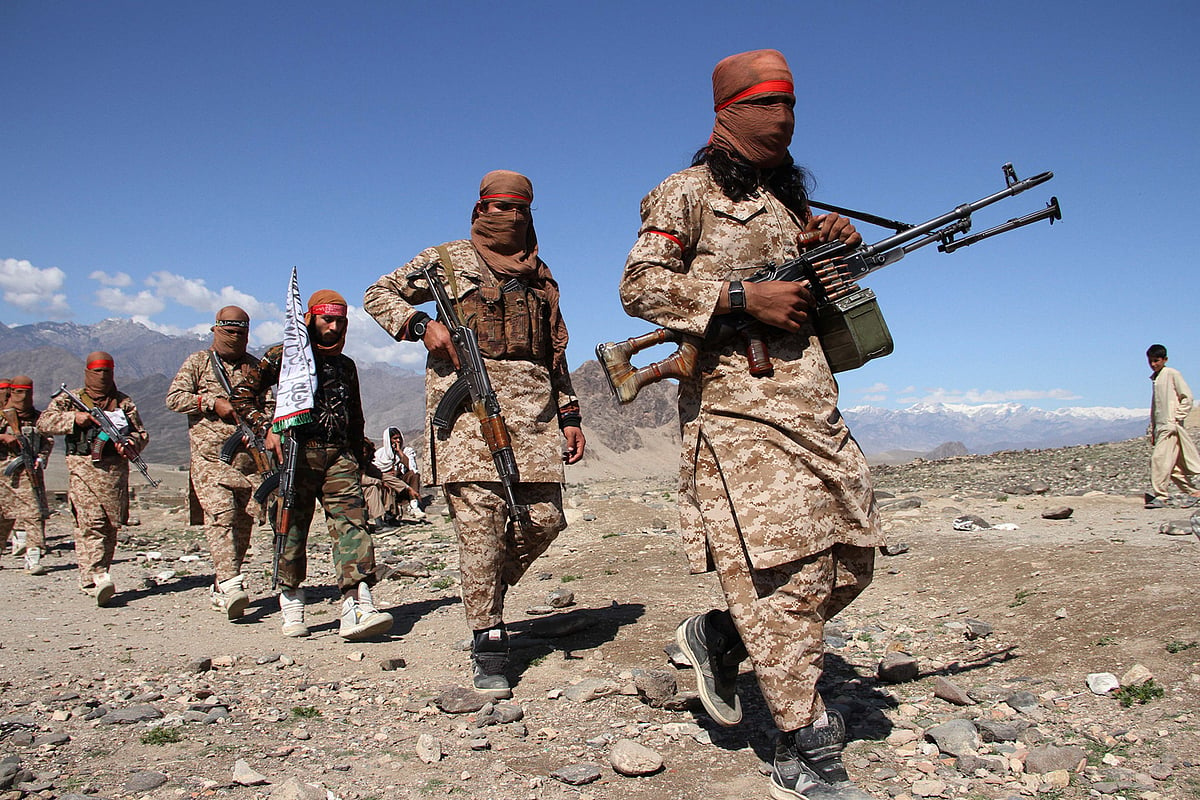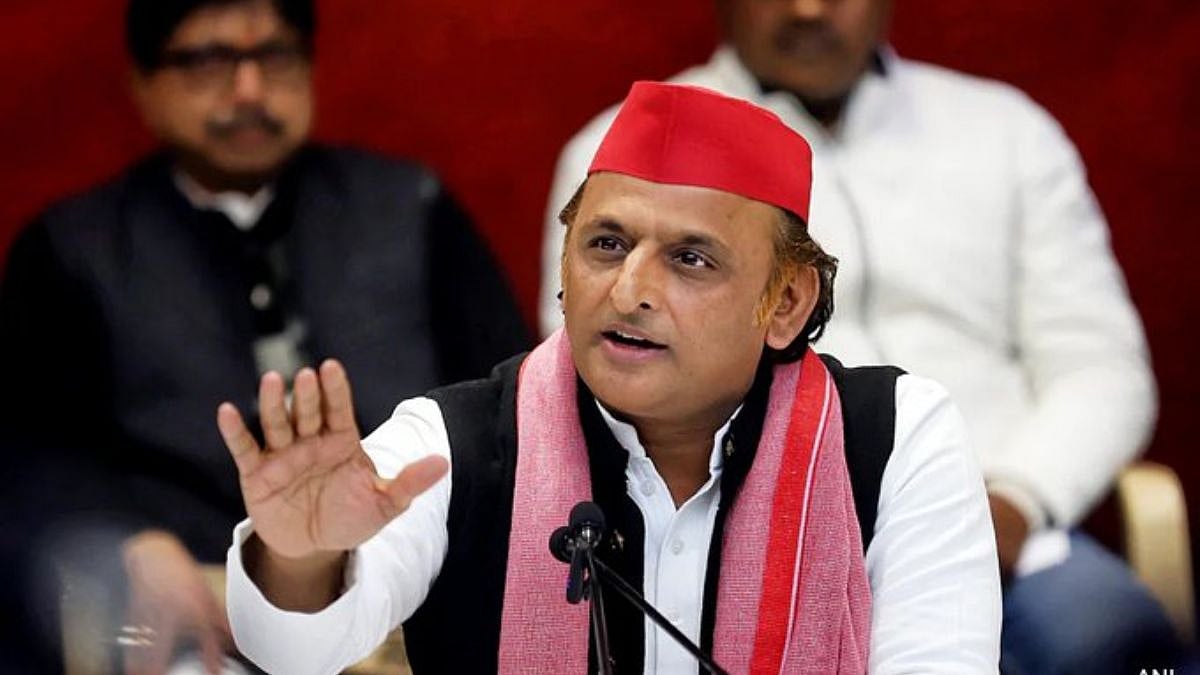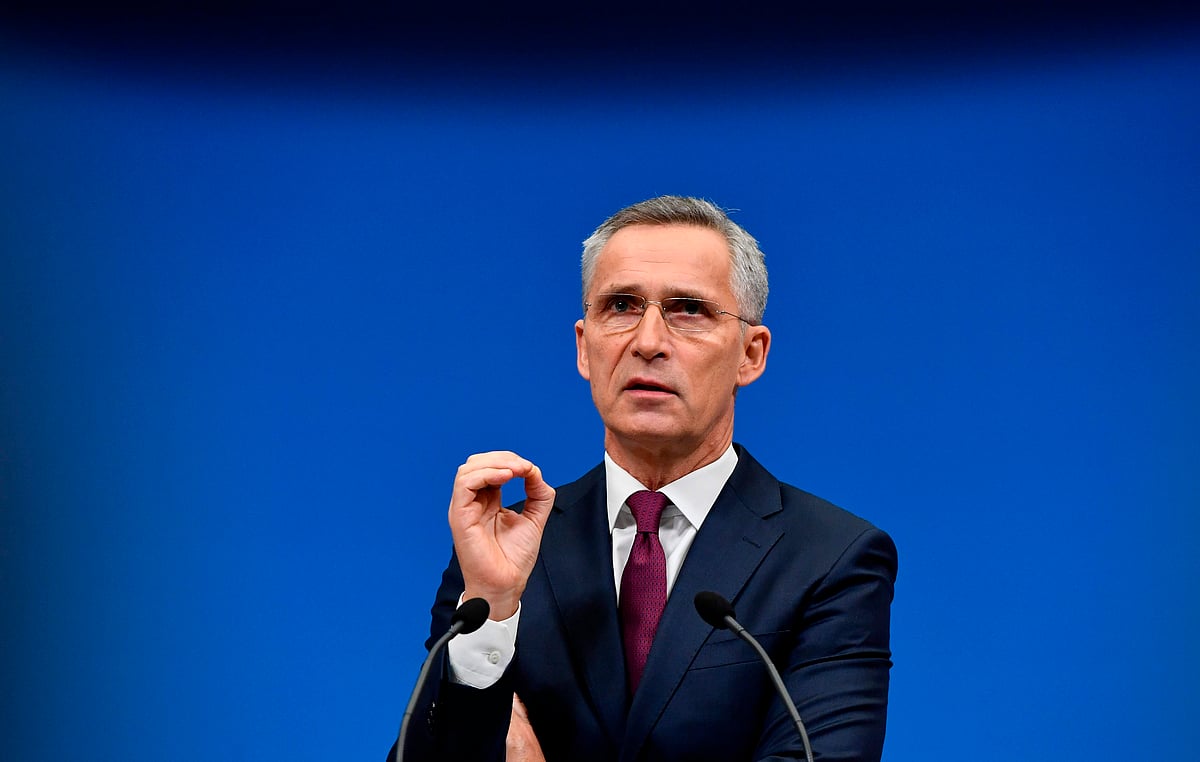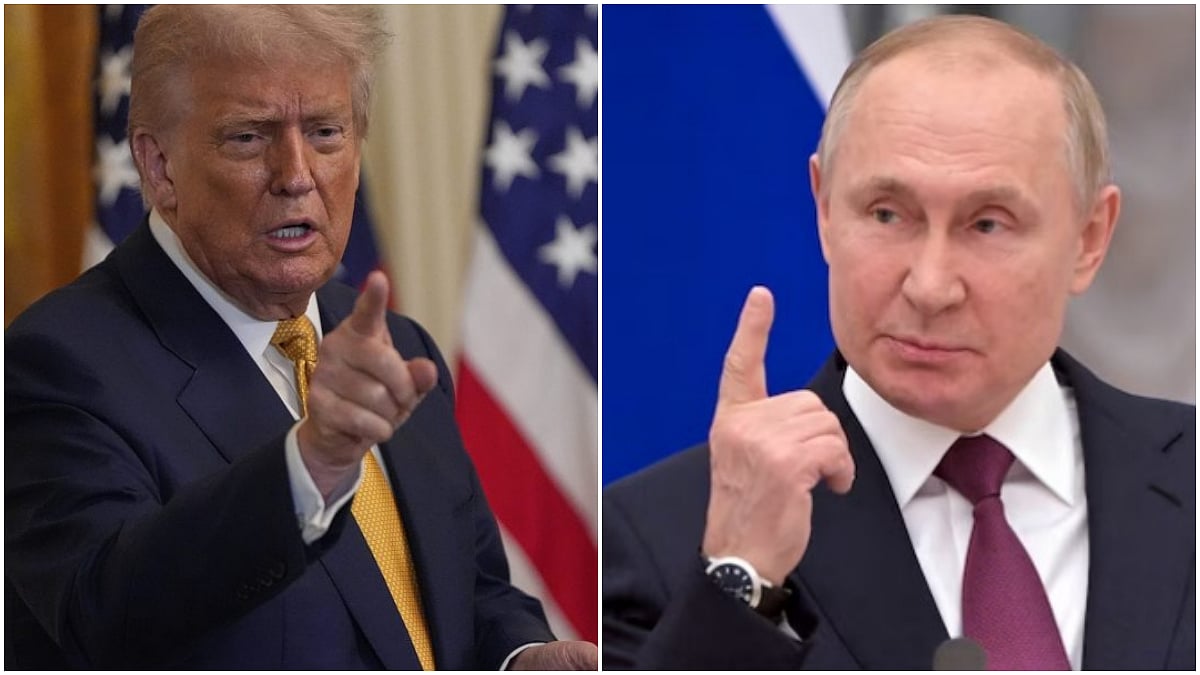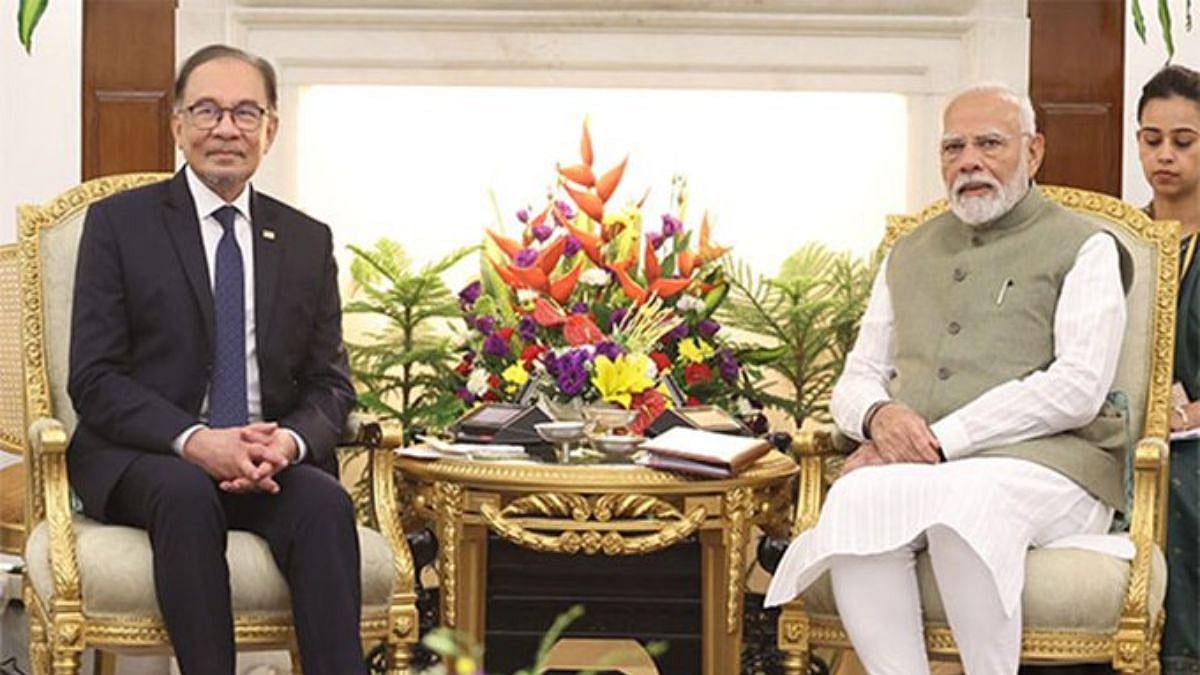Washington DC
Representatives of the extended "Troika," comprising the US, Russia, China, and Pakistan, met in Doha, Qatar on Friday and discussed ways to support intra-Afghan negotiations and help the parties reach a negotiated settlement, along with a permanent and comprehensive ceasefire.
In a joint statement, the group said, "We expect the Taliban to fulfill its counterterrorism commitments, including preventing terrorist groups and individuals from using Afghan soil to threaten the security of any other country; not hosting these groups and preventing them from recruiting, training, and fundraising. We expect the Afghan government to continue counterterrorism cooperation with the international community." They reiterated the call on all parties in Afghanistan to reduce the level of violence in the country and on the Taliban not to pursue a Spring offensive.
"We condemn in the strongest terms any attacks deliberately targeting civilians in Afghanistan and call on all parties to respect their obligations under international humanitarian law in all circumstances, including those related to protection of civilians," the joint statement said.
The group, in the statement, also emphasized that "no military solution in Afghanistan" and a negotiated political settlement through an Afghan-led and Afghan-owned process is the only way forward for lasting peace and stability in Afghanistan.
They also took note that US and NATO forces will begin a responsible withdrawal from Afghanistan by May 1, 2021 and conclude by September 11, 2021.
"We reiterate that the withdrawal of foreign troops should ensure a steady transition of the situation in Afghanistan. We stress that, during the withdrawal period, the peace process should not be disrupted, no fights or turbulence shall occur in Afghanistan, and the safety of international troops should be ensured," the statement added.
They also called on for a review of the status of designations of Taliban individuals and entities on the UN 1988 sanctions, as stated in the UNSC resolution 2513 (2020).
Final phase of formal Afghanistan pullout by US, NATO begins
Kathy Gannon
Kabul
The final phase of ending America's "forever war" in Afghanistan after 20 years formally began Saturday, with the withdrawal of the last US and NATO troops by the end of summer.
President Joe Biden had set May 1 as the official start of the withdrawal of the remaining forces - about 2,500-3,500 US troops and about 7,000 NATO soldiers.
Even before Saturday, the herculean task of packing up had begun.
The military has been taking inventory, deciding what is shipped back to the US, what is handed to the Afghan security forces and what is sold as junk in Afghanistan's markets. In recent weeks, the military has been flying out equipment on massive C-17 cargo planes.
The U.S. is estimated to have spent more than $2 trillion in Afghanistan in the past two decades, according to the Costs of War project at Brown University, which documents the hidden costs of the US military engagement.
Defence department officials and diplomats told The Associated Press the withdrawal has involved closing smaller bases over the last year. They said that since Biden announced the end-of-summer withdrawal date in mid-April, only roughly 60 military personnel had left the country.
The U.S. and its NATO allies went into Afghanistan together on Oct. 7, 2001 to hunt the al-Qaida perpetrators of the 9/11 terrorist attacks who lived under the protection of the country's Taliban rulers. Two months later, the Taliban had been defeated and al-Qaida fighters and their leader, Osama bin Laden, were on the run.
In his withdrawal announcement last month, Biden said the initial mission was accomplished a decade ago when US Navy SEALS killed bin Laden in his hideout in neighboring Pakistan. Since then, al-Qaida has been degraded, while the terrorist threat has "metastasized" into a global phenomenon that is not contained by keeping thousands of troops in one country, he said.
Until now the US and NATO have received no promises from the Taliban that they won't attack troops during the pullout. In a response to AP questions, Taliban spokesman Suhail Shaheen said the Taliban leadership was still mulling over its strategy.
US military spokesman Col. Sonny Leggett tweeted late Saturday that there was some ineffective firing in the area of southern Kandahar air base, one of the US military's largest bases.
"Kandahar Airfield received ineffective indirect fire this afternoon; no injury to personnel or damage to equipment," he tweeted, without attaching blame.
However, he also posted a video clip of Gen. Austin Miller, head of the U.S.-led coalition in Afghanistan, speaking to an Afghan journalist in which he said "a return to violence would be one senseless and tragic," but that coalition troops "have the military means to respond forcefully to any type of attacks." The insurgent group continues to accuse Washington of breaching the deal it signed with Biden's predecessor more than a year ago. In that agreement, the US said it would have all troops out by May 1.
In a statement Saturday, Taliban military spokesman Zabihullah Mujahid said the passing of the May 1 deadline for a complete withdrawal "opened the way for (Islamic Emirate of Afghanistan) mujahidin to take every counteraction it deems appropriate against the occupying forces." However, he said fighters on the battlefield will wait for a decision from the leadership before launching any attacks and that decision will be based on "the sovereignty, values and higher interests of the country." Violence has spiked in Afghanistan since the February 2020 deal was signed. Peace talks between the Taliban and Afghan government, which were part of the agreement, quickly bogged down. On Friday, a truck bomb in eastern Logar province killed 21 people, many of them police and students.
Afghans have paid the highest price since 2001, with 47,245 civilians killed, according to the Costs of War project. Millions more have been displaced inside Afghanistan or have fled to Pakistan, Iran and Europe.
Afghanistan's security forces are expected to come under increasing pressure from the Taliban after the withdrawal if no peace agreement is reached in the interim, according to Afghan watchers.
Since the start of the war they have taken heavy losses, with estimates ranging from 66,000 to 69,000 Afghan troops killed. The Afghan military has been battered by corruption. The US and NATO pay USD 4 billion a year to sustain the force.
Some 300,000 Afghan troops are on the books, although the actual number is believed to be lower. Commanders have been found to inflate the numbers to collect paychecks of so-called "ghost soldiers," according to the US watchdog monitoring Washington's spending in Afghanistan.
Still, the Afghan defense ministry and presidential palace in separate statements have said that Afghanistan's security forces are in good shape to defend against Taliban advances.
Last year was the only year US and NATO troops did not suffer a loss. The Defense Department says 2,442 U.S. troops have been killed and 20,666 wounded since 2001. It is estimated that over 3,800 U.S. private security contractors have been killed. The Pentagon does not track their deaths.
The conflict also has killed 1,144 personnel from NATO countries.
The Taliban, meanwhile, are at their strongest since being ousted in 2001. While mapping their gains and territorial holds is difficult, they are believed to hold sway or outright control over nearly half of Afghanistan.
